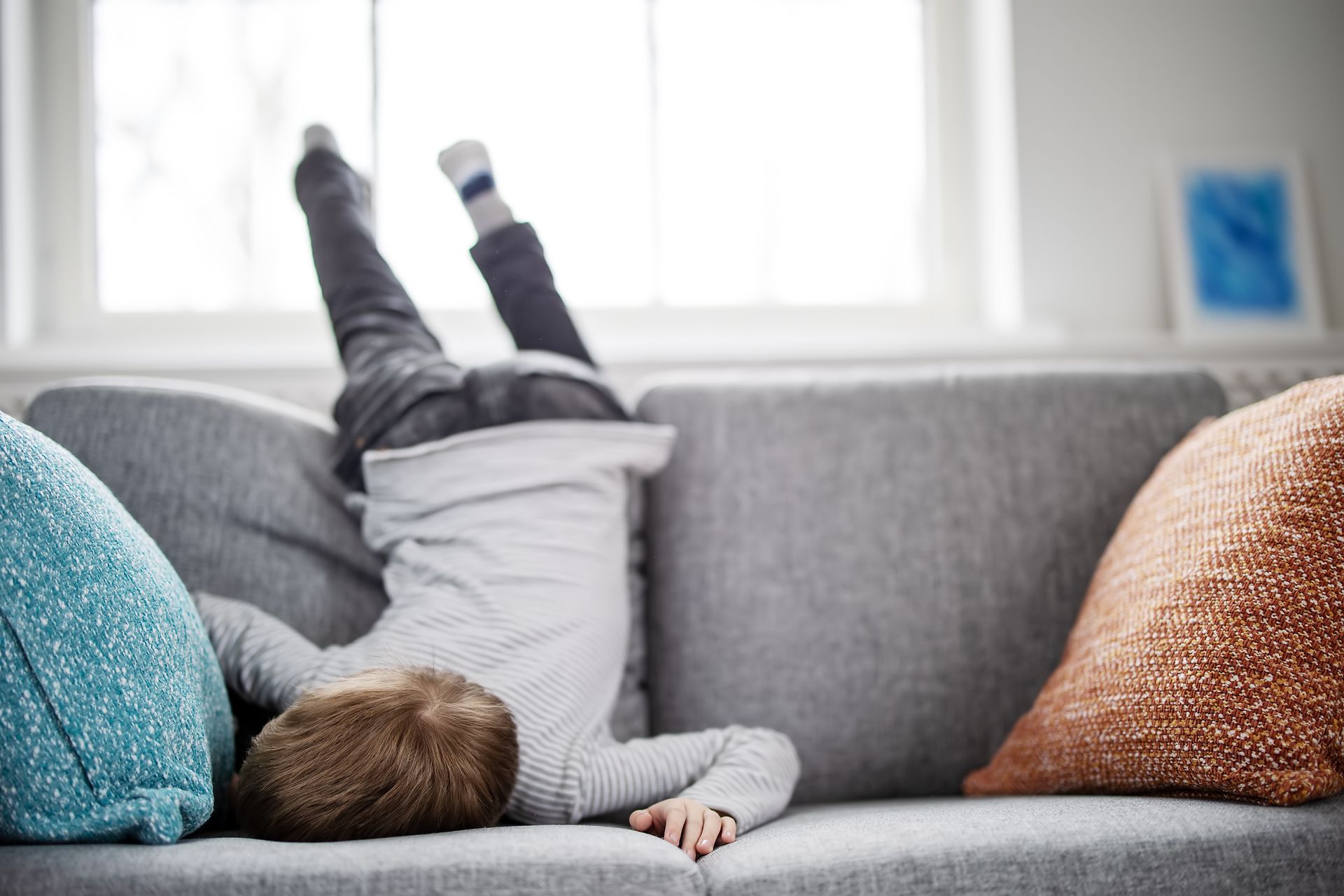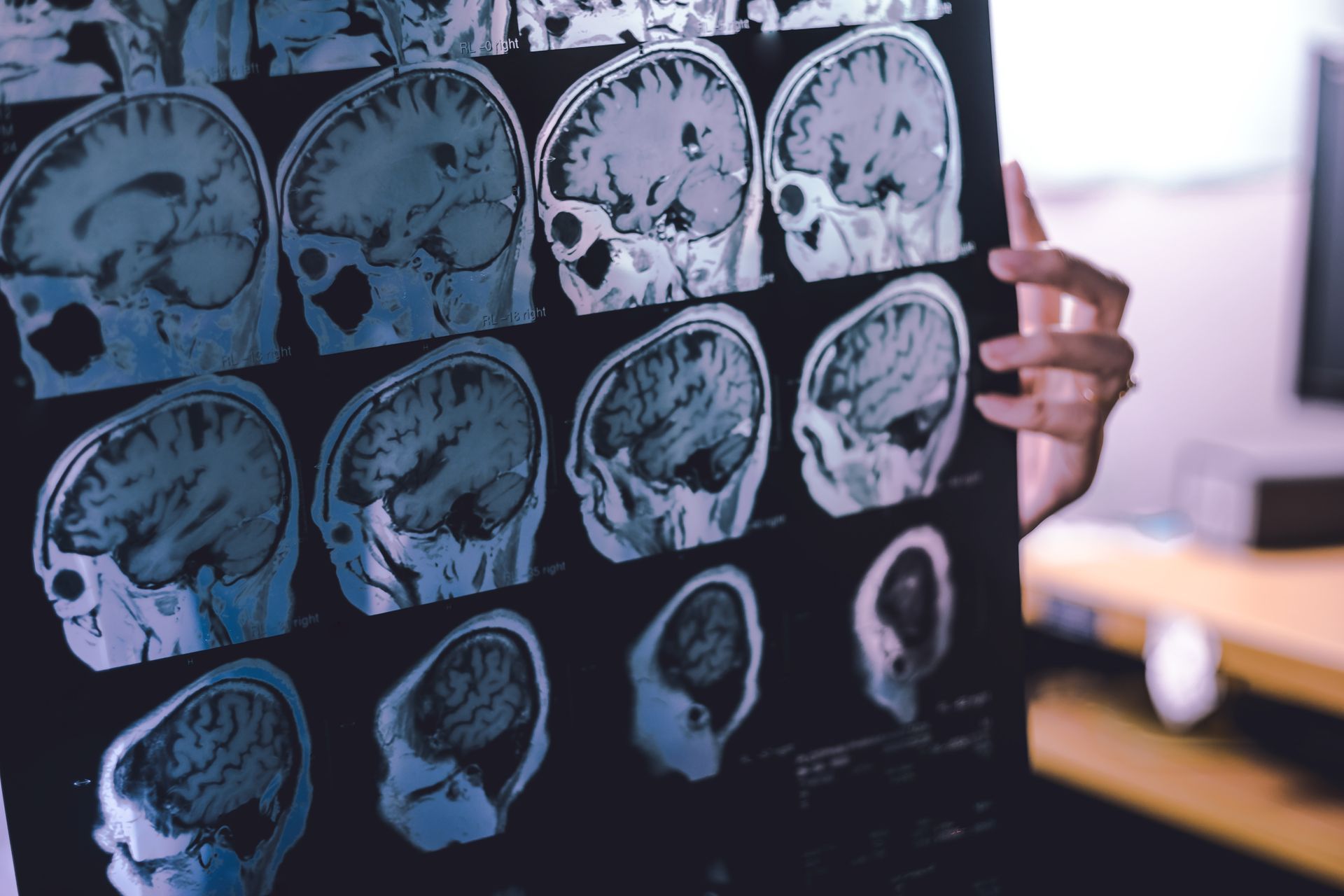Tharon's Thoughts: Sleep and Autism: Considerations for the Night-Time Puzzle


By Tharon
Neurodivergent Consultant at helpz
Sleep and Autism: Considerations for the Night-Time Puzzle
Sleep is one of the most fundamental human needs, yet for many autistic individuals, it’s one of the most elusive. It’s widely recognised that people with autism, and often those with ADHD, experience chronic sleep issues, with difficulties beginning as early as childhood and often persisting into adulthood. While the reasons are varied and complex, they’re deeply personal and often rooted in neurological, sensory, and environmental factors.
What is a natural sleep cycle?
A natural sleep cycle is the body’s internal rhythm that guides how we move through different stages of sleep each night. Each cycle typically lasts 90 to 110 minutes and includes four stages: light sleep, deeper non-REM sleep, deep sleep, and REM (rapid eye movement) sleep - where most dreaming occurs
On average, adults experience 4 to 6 sleep cycles per night, depending on how long they sleep. These cycles help the brain and body rest, repair, and process memories. Disruptions to the cycle, like irregular bedtimes or screen use before sleep, can affect sleep quality and overall wellbeing.
For most healthy adults, it typically takes 10 to 20 minutes to fall asleep after lying down, this is known as sleep latency. Falling asleep much faster may indicate sleep deprivation, while regularly taking longer than 30 minutes could suggest issues like stress, poor sleep habits, or an underlying sleep disorder
Why Sleep Is So Tricky
There’s no one-size-fits-all explanation. For some, sleep challenges stem from co-occurring health conditions, anxiety, or sensory sensitivities. For others, it’s simply the way their brain is wired. Many neurodivergent people are naturally night owls, with a delayed sleep/wake phase, a circadian rhythm that makes falling asleep before midnight feel nearly impossible. This tendency often intensifies during adolescence, when melatonin (the sleep hormone) is released later in the evening due to typical developmental changes.
Research shows that 50–80% of autistic individuals experience sleep disturbances, compared to just 25–30% of neurotypical people.
These can include difficulty falling asleep, frequent night wakings, short sleep duration, and irregular sleep/wake cycles. Autistic individuals also tend to spend less time in REM sleep, which is vital for emotional processing and memory consolidation.
A Personal Perspective
While I’m not a sleep expert, I can share my lived experience. Personally, I tend to fall asleep between 2am and 4am, although I do refer to it more as “passing out”. Sleep before midnight is rare. Over the years, I’ve learned that preparing for sleep, even if sleep doesn’t come immediately is key. Establishing a consistent night routine helps signal to the body that it’s time to wind down. For some, stepping away from screens can support earlier sleep onset. For others, calming activities like reading, drawing, knitting, or listening to soft music can quiet the mind.
That said, not everyone is a reader or finds relaxation in the same way. Some may benefit from physical activity, a walk, a dance party, or stretching to help wear themselves out. Ultimately, it comes down to two strategies: relax yourself or wear yourself out. Finding what works is a personal journey.
Sensory Considerations
Sensory sensitivities play a huge role in sleep. Some people are triggered to sleep by sunlight, while others are kept awake by it. Preferences around temperature, bedding, and noise vary widely. Ceiling fans may offer soothing white noise and airflow, while others prefer weighted blankets, tight sheets, minimal clothing, or massage. Some children may feel safest with a trusted adult nearby.
Changes in routine, unfamiliar visitors, or new staff in the home can also disrupt sleep. Anxiety, overstimulation, and mental health fluctuations are common contributors. Even small things like scratchy sheets, uncomfortable pyjamas, or a quilt that’s too light, can make sleep difficult.
Medical Considerations
It’s important to rule out underlying sleep conditions. Chronic insomnia, defined as difficulty sleeping at least 2–3 nights per week for over a month, is different from delayed sleep/wake phase disorder, which involves a consistent shift in sleep timing. Restless leg syndrome is also common among autistic individuals. Low iron levels, vitamin deficiencies, and obstructive sleep apnoea (OSA) can all impact sleep quality and should be assessed by a medical team.
Sleep issues don’t just affect the individual, they can significantly impact caregiver wellbeing, increasing stress and reducing overall family harmony.
Supporting Better Sleep
Here are some practical tips to consider:
- Keep a sleep diary to track patterns and triggers.
- Create a predictable bedtime routine.
- Explore sensory-friendly sleep environments.
- Avoid caffeine within 8 hours of bedtime.
- Consider a sleep study to investigate medical causes.
- Look at specific techniques suck as the Military Sleep Method.
Sleep is deeply personal, especially for neurodivergent individuals. What works for one person may not work for another. The key is curiosity, compassion, and consistency. Whether you’re a parent, carer, or practitioner, supporting someone with sleep challenges means listening, observing, and adapting. And if you’re neurodivergent yourself -remember, your sleep needs are valid, and support is available.
For best results, consult your GP or paediatrician to explore medical assessments and speak to your Behaviour Support Practitioner or Occupational Therapist for tailored strategies.
For further information about these topics and more, join our upcoming webinar or training modules.
News & Insights
Check Our Latest Resources







